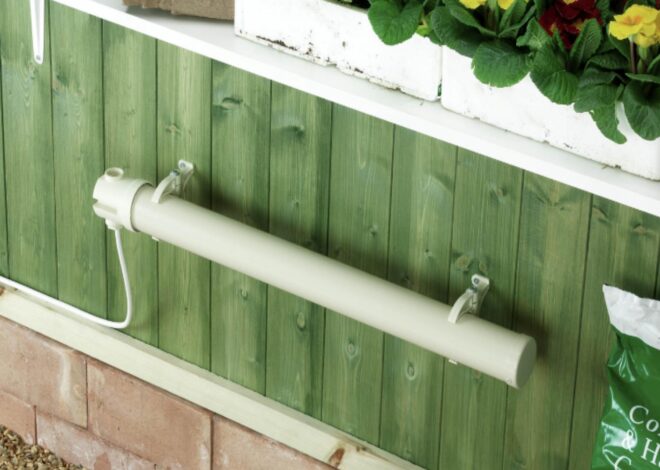Getting Clearer Music Recordings
For any music professional that is recording music on a regular basis, one of the most important things to get right will be your analogue to digital converter. No matter what equipment you might have to store the music and tweak it, if the input signal is not as clear as it can be and processed and the highest possible quality, no amount of post-production on the sound will allow it to sound as good as it should.
For those who are used to the process of recording but have never really looked at the science behind it, the actual process is fairly simple. The music you make using acoustic or electric instruments (save for those recorded in the likes of MIDI) is analogue in nature. However, the majority of people now record and store all musical data in a digital form and therefore the signal need to be converted from analogue to digital along the way.
Therefore the better the quality of your analogue to digital converter, the better the quality of the sound before you even start to work your magic on it. Of course, this is all well and good, but to make sure you hear the best results you will also need to convert the sound back so your speakers can play them, and for this a digital to analogue converter will be needed too. Again, the better the quality of this electrical item, the better sound you will get, and whether you are using this to simply get more impressive playback or even to ensure that the quality of the burned data is as high as possible, it can be amazing just how much of an effect both an analogue to digital and a digital to analogue converter can have on the final product. By spending a little more here, you can get infinitely better results, and all without having to spend out on other equipment which will more than likely be far more costly.


